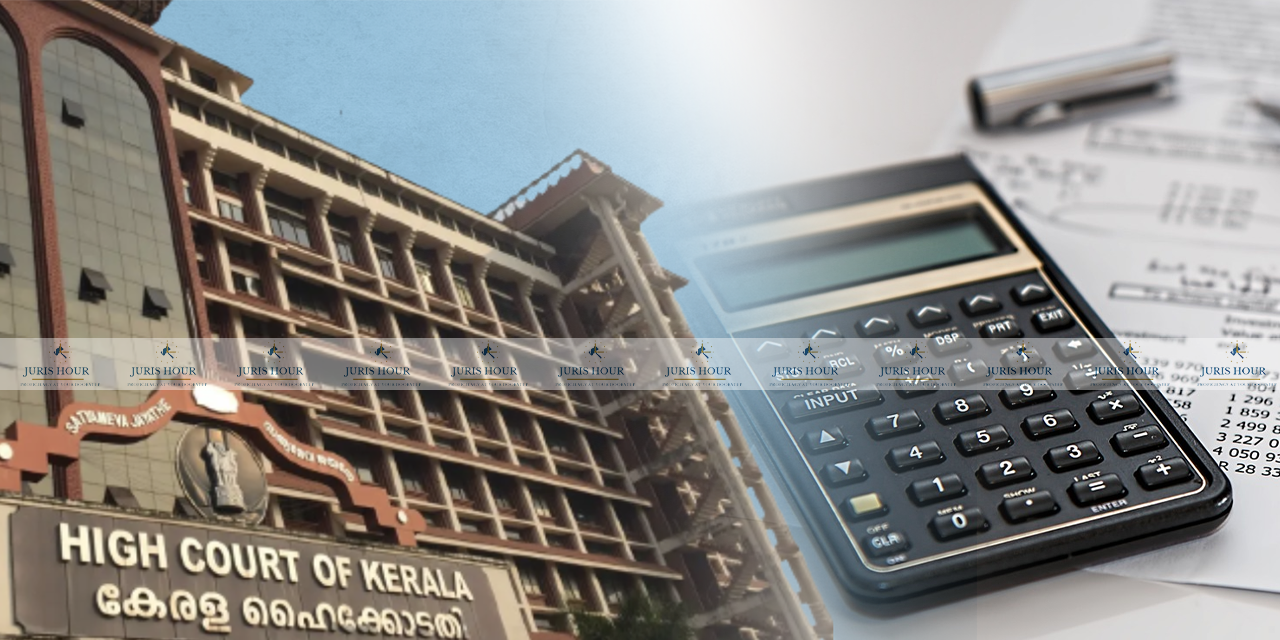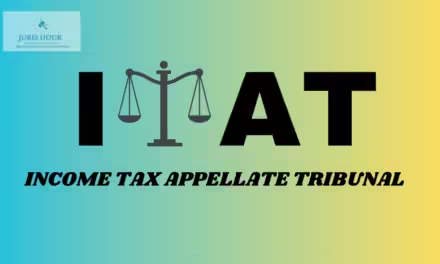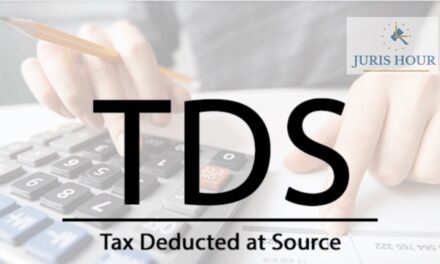The Kerala High Court has upheld the constitutional validity of Section 145A of the Income Tax Act mandating First In First Out (FIFO)/weighted average cost method of computation for assessees under ‘profits and gains of business and profession’.
The bench of Justice A.K.Jayasankaran Nambiar and Justice Syam Kumar V.M. has observed that the assessees have the freedom to maintain their books of accounts using any of the methods recognised by the accounting standards, Section 145A only mandates that they shall follow the specified methods of inventory/stock valuation while computing their income under the head “Profits and gains of business or profession”. There is no infringement of the equal protection rule if the law deals alike with all of a certain class, as the legislature has the right of classifying persons and placing those whose conditions are substantially similar under the same rule of law, while applying different rules to persons differently situated. It is only if the classification is unreasonable and bears no rational relation to the object sought to be achieved by the legislative measure that it will be struck down as discriminatory and unconstitutional.
The petitioners/assessees challenged para 16 of Income Computation and Disclosure Standards (ICDS) II and the Notification 87/2016 dated 29.09.2016 to the extent they prescribed that the cost of inventories shall be computed by using the First In First Out (FIFO) or Weighted Average Cost method, to the exclusion of other methods relating to valuation of inventory, such as the Last In First Out (LIFO) method, while computing income under the head of Profits and Gains of Business or Profession under the Income Tax Act, 1961. The paragraph of ICDS II and the Notification dated 29.09.2016 are violative of Articles 14, 19 (1)(g) and 265 of the Constitution of India and hence unconstitutional and legally unenforceable.
The assessee has sought the declaration as unconstitutional Section 145A of the Income Tax Act, as introduced by the Finance Act, 2018 w.r.e.f. 01.04.2017.
Read More: https://jurishour.in/supreme-court-on-jeevan-aadhar-policy-amendment/
The grievance of the petitioners was with regard to the effect of the amendment in the Income Tax Act, that introduced a new Section 145A therein that was markedly different from the earlier provision that existed upto 31.03.2018. Read along with the ICDS II that was notified in 2016, and the terms of the Notification dated 29.09.2016, the appellant assessees, who are assessed to Income tax under the head of Profits and Gains of Business and Profession were obliged by the provisions of the newly introduced Section 145A to compute their cost of inventories using the FIFO or Weighted Average Cost method. This required them to change their past practice of computing their cost of inventories using the LIFO method and switch over to the new scheme with effect from 01.04.2017.
The petitioner contended that restricting the method of computation of cost of inventory to FIFO or Weighted Average Cost method, to the exclusion of LIFO, was tantamount to disregarding the well settled principle in accountancy that the cost of inventory could be computed in accordance with any of the established methods of accounting of which LIFO was one. There was no rationale whatsoever for stipulating FIFO and Weighted Average Cost as the only methods by which a realistic value of the cost of inventory could be computed. There was no basis for bringing about a classification between two sets of assessees viz. those who followed the LIFO method and those who followed the FIFO/Weighted Average Cost method, especially when all the said methods had been recognised as acceptable for determining the cost of inventories under the Accounting Standards as well as under the IT Act till 2018. The retrospective effect given to Section 145A, that was introduced by the Finance Act, 2018, with effect from 01.04.2017 was bad since it would result in an application of two different yardsticks for valuing the opening stock and closing stock for the financial year in question and entail the creation of a notional income.
The Single Judge who considered the matter rejected the contention of the appellants regarding the constitutional validity of Section 145A of the Income Tax Act, para 16 of ICDS II and the Notification dated 29.09.2016. However, he found force in the contention of the appellants as regards retrospective operation of Section 145A and held that the stipulation under Clause 16 of ICDS II for adoption of FIFO and the Weighted Average Cost for valuation of stock/inventory cannot be applied for the assessment year 2017-18 for the valuation of the opening stock, as the opening and closing stock of the year is to be valued by applying the same methodology.
The court held that neither the provisions of Section 145A of the Income Tax Act nor the provisions of the ICDS II brings about any classification between two sets of assessees, as alleged by the appellants. The provisions of Section 145A only prescribe the manner in which the valuation of stock should be done in the case of a particular category of assessees for the purposes of assessment of Income under the Income Tax Act. The argument that by insisting on a particular method of accounting, the income of the appellants would stand inflated for the purposes of assessment is wholly untenable since it is settled law that stock valuation can never be taken as a source of profit.
The court while dismissing the petition held that the decision to amend Section 145A of the Income Tax Act and make the ICDS II applicable to a certain category of assessees while computing their income for the purposes of the Income Tax Act, was taken by the legislature after considering the opinions and recommendations of expert financial bodies.
Case Title: P.A. Jose Versus Union Of India
Case No.: W.A. No.874 Of 2024
Date: 22/08/2024
Counsel For Appellant: Ajay Vohra
Counsel For Respondent: T.C. Krishna











